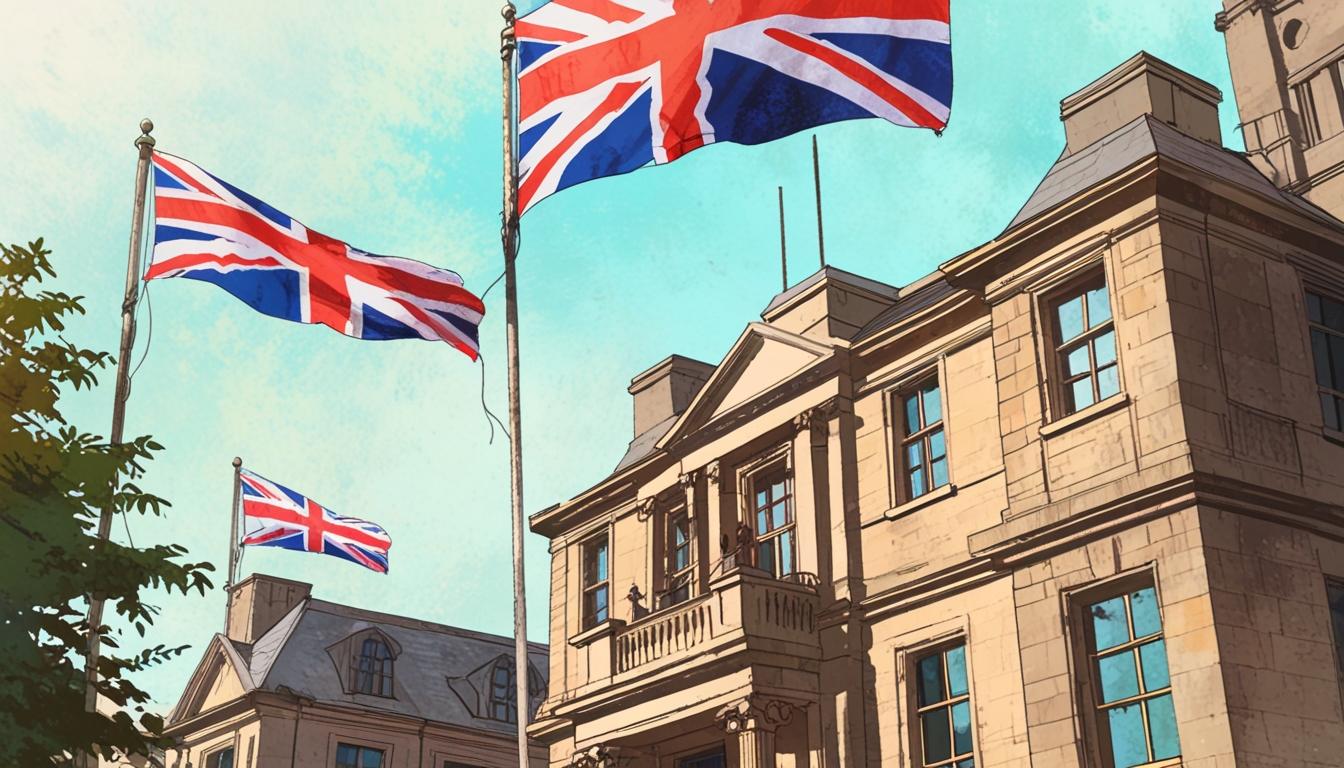Reform UK has faced significant criticism following its announcement that it will only permit the Union Jack, St George’s flag, and county flags to be flown from council buildings under its control. This decision comes after the party achieved a notable victory in local elections, securing control in ten local authorities across England, including regions such as Durham, Lancashire, and Staffordshire.
Zia Yusuf, the chairman of Reform UK, articulated the party's stance, stating that councils will act swiftly to ensure that only the aforementioned flags are displayed on their properties. "No other flags will be permitted to be flown on its flagpoles, balconies, reception desks or council chamber walls," he noted in a post on X, formerly known as Twitter. Subsequently, the party clarified that while the county flags are allowed, their stance on the Ukrainian flag remains firm.
The decision has drawn robust backlash from various political figures, with Labour MP Mike Tapp leading the charge against the ban. Tapp, a former soldier now representing Dover and Deal, described the move as "sickening" and urged Reform UK to reconsider its position. He emphasised Britain's historical alliance with Ukraine during times of conflict, referencing the commemoration of Victory in Europe (VE) Day. "Farage told us that Vladimir Putin is the world leader he most admires," Tapp added, indirectly referencing past comments made by Reform leader Nigel Farage regarding the Russia-Ukraine conflict.
Criticism from within Parliament escalated as MPs from both the Labour and Conservative parties pointed out the implications of banning regional flags. Labour MP Chris Webb, representing Blackpool South, remarked that the party was off to "a great start" by prohibiting the Lancashire Rose flag.
In response to the rising discontent, a spokesperson for Reform UK defended the party’s position, asserting, "Reform UK will proudly fly the Union Jack, St George's Flag and county flags. Unlike the Tories and Labour, we are proud of our country and history."
This controversy is underpinned by a broader discourse surrounding national identity and the symbolism associated with various flags, with many perceiving the Ukrainian flag as a representation of solidarity against aggression. The ongoing debate highlights the divisions within British politics regarding foreign relations and national pride, particularly in relation to the conflict in Ukraine and the perceived influence of Russia.
Source: Noah Wire Services
